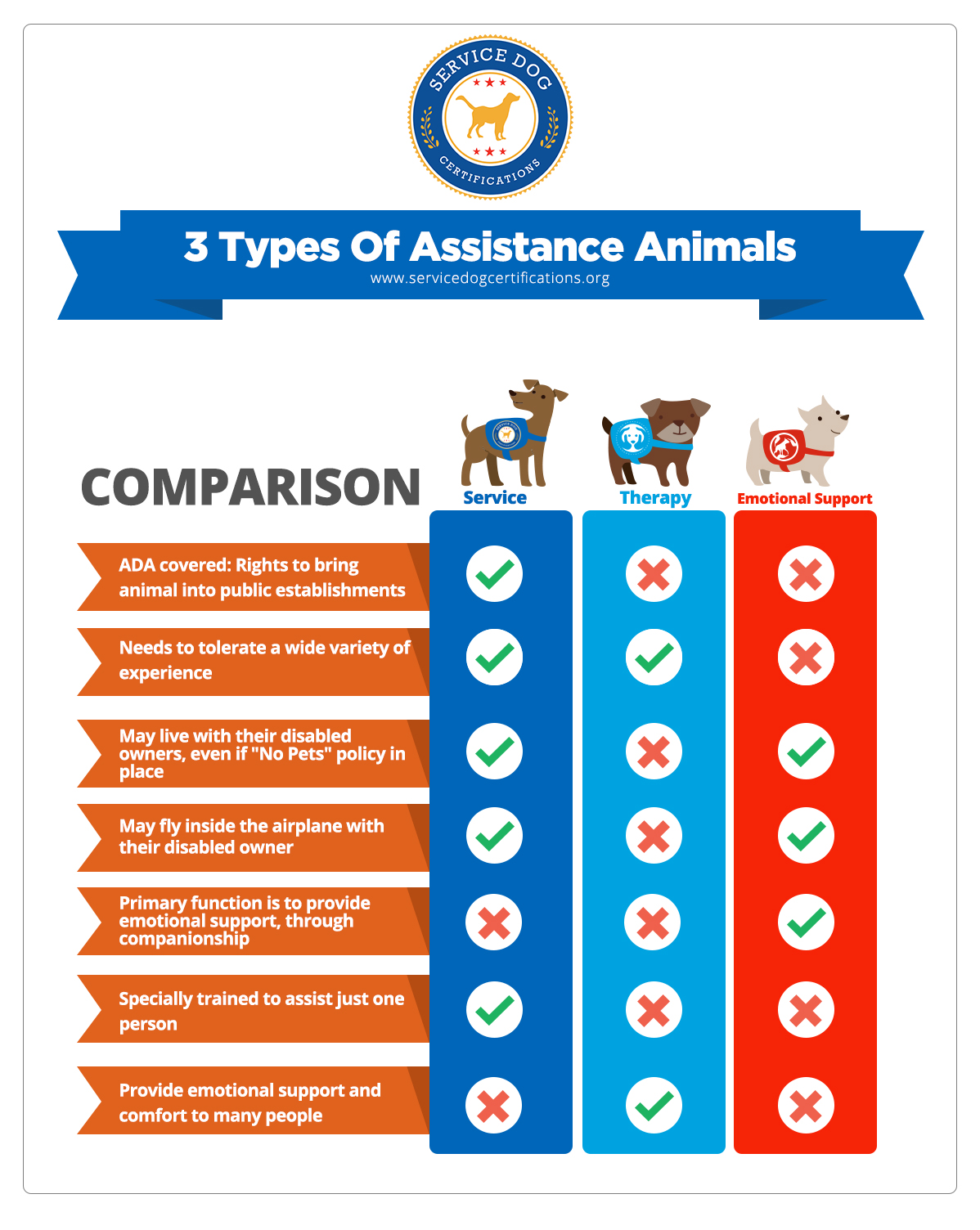Service Animals And Emotional Support Animals In Victim Services

Transportation and services that others take for granted.
Service animals and emotional support animals in victim services. Service Animals and Emotional Support Animals in Victim Services. During this session practical information will be provided to direct service providers and other programs open to the public about service and support animals. An Emotional Support Animal ESA is any animal not just a dog prescribed for a person with a significant diagnosed psychiatric disability.
Service animals in training are permitted in all public facilities on the same basis as working service animals provided that the dog is on a leash and is being led or accompanied by a trainer for the purpose of training the dog and the trainer has documentation confirming the trainer is affiliated with a recognized or certified service dog training organization. On August 21 2019 at 200 pm. If the dog has been trained to sense that an anxiety attack is about to happen and take a specific action to help avoid the attack or lessen its impact that would qualify as a service animal.
An ESA is not a pet a Service Animal or a therapy animal. Your landlord may not require you to pay extra to have a service animal although you are liable for any damages your service animal causes to the property or to another person. There are differences in the processes required and in the accommodations provided to individuals with identified disabilities supported by Service Animals and Emotional Support Animals.
The only distinction between an ESA and a pet is that the handler of the ESA derives some emotional benefit from the presence of the animal and has a psychologicalemotional need does not have to rise to the level of disability as defined by law for the animal. Learn more about the rights and regulations that apply to clients with service animals and emotional support animals in domestic violence programs and shelters. Service Animals and Emotional Support Animals as defined under the Fair Housing Act.
You might have noticed them often accompanying someone with a physical disability sometimes wearing a red vest to signify their unique stature and frequently in places you dont expect like on an airplane at a restaurant or in the grocery store. Find out the laws in the United States that apply to these. Emotional support animals are not required to be trained to perform a specific job or task and therefore they do not qualify as Service Animals under the Americans with Disabilities Act.
The federal Fair Housing Act requires housing facilities to allow service dogs and emotional support animals if necessary for a person with a disability to have an equal opportunity to use and enjoy the home. The ADA makes a distinction between psychiatric service animals and emotional support animals. Emotional Support Animals or ESAs are a category of animals that may provide necessary emotional support to an individual with a mental or psychiatric disability that alleviates one or more identified symptoms of an individuals disability but which are not considered Service Animals under the ADAAA.



















